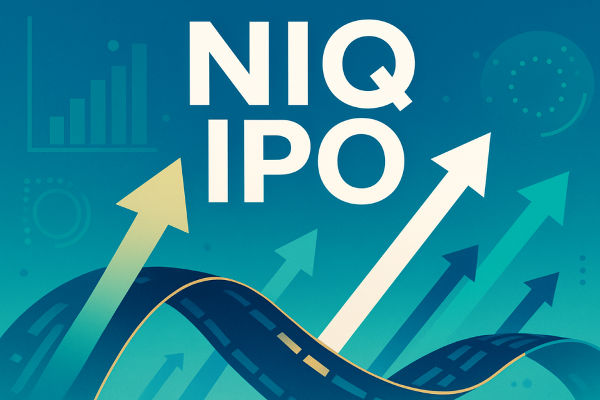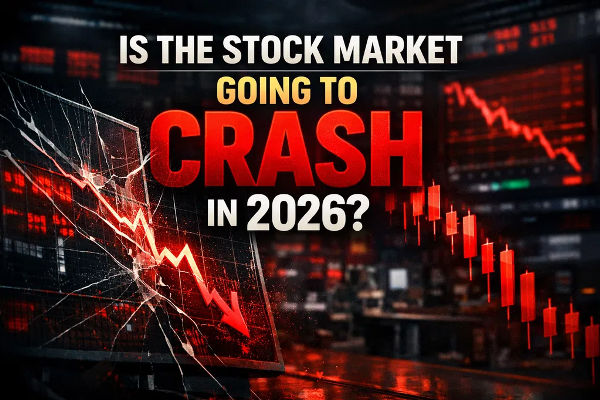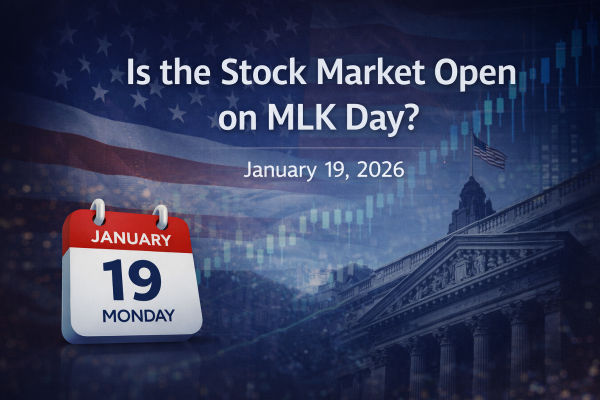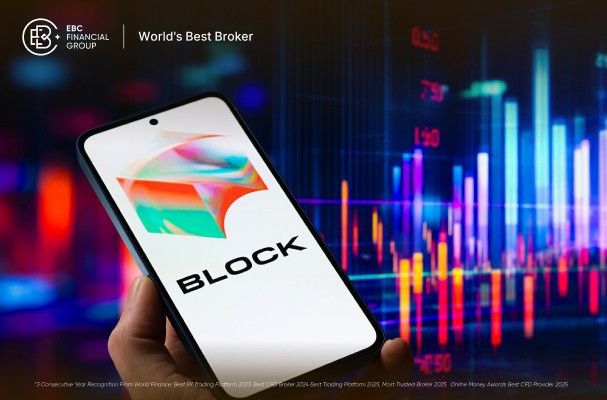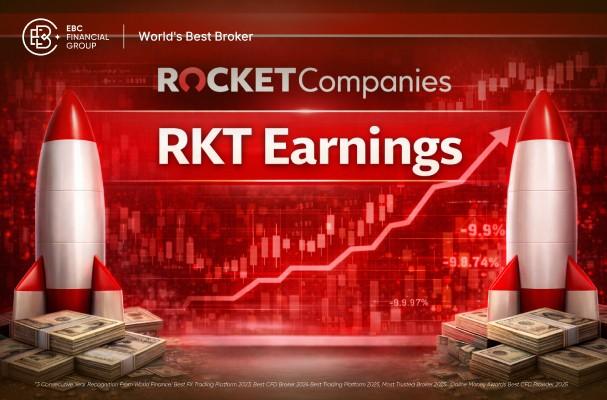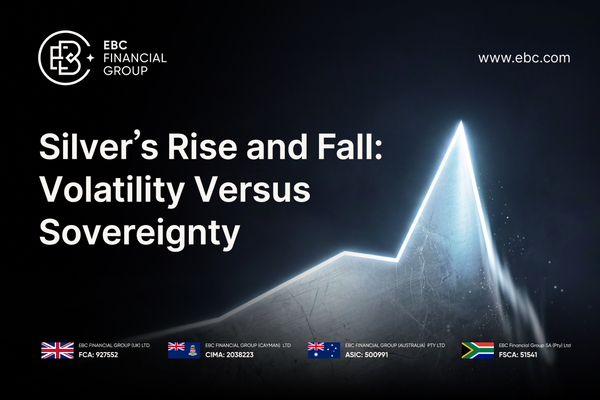In a year marked by a resurgence in IPO activity, the spotlight is now turning to NIQ Global Intelligence, a leading consumer analytics firm formerly known as NielsenIQ.
Backed by private equity giants Advent International and KKR, NIQ has officially filed for its long-anticipated public debut on the New York Stock Exchange under the ticker symbol NIQ.
As the NIQ IPO gears up for a potential late July launch, investors are asking: Is NIQ a smart buy in 2025's IPO revival? Here's everything you need to know.
What NIQ Does & Why It Is Unique
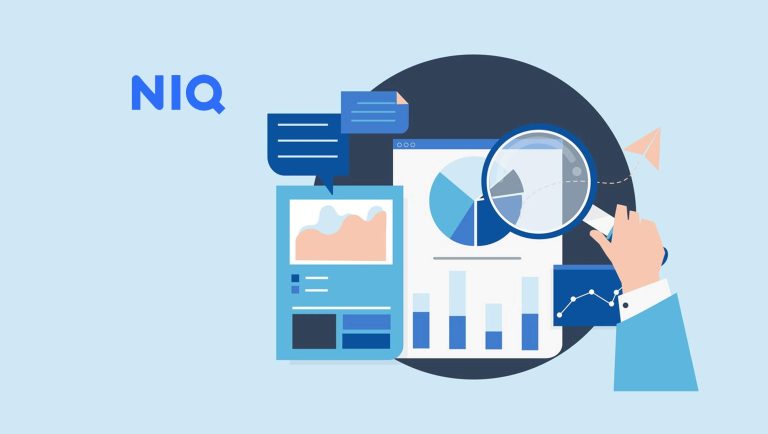
As mentioned above, NIQ Global Intelligence (NYSE: NIQ)—formerly NielsenIQ—is poised to make a significant splash in the public markets after its spinout from Nielsen in 2021.
For context, NIQ offers a comprehensive analytics platform that aggregates consumer purchase data spanning retail, e-commerce, and digital engagement across over 90 countries, covering approximately 85% of global consumer spending.
With a trailing twelve-month revenue of roughly $4 billion but a net loss of $73.7 million in Q1 2025, NIQ uses IPO proceeds primarily to pay down debt, invest in products, and manage working capital.
It's "NIQ Ecosystem," powered by AI/ML tools, is designed for omnichannel consumer tracking and is geared toward large clients including Amazon, Coca-Cola, Nestlé, Walmart, Sony, and others.
NIQ IPO Structure & Proposed Terms
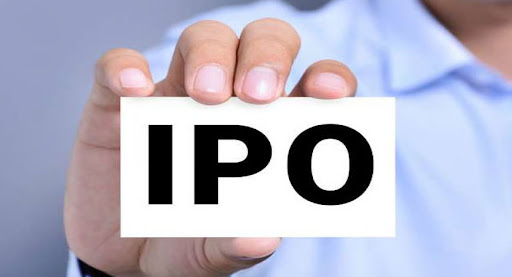
NIQ has filed paperwork (Form S‑1) with the SEC and launched its IPO roadshow as of July 14, 2025. The company intends to go public on the NYSE with the ticker "NIQ", presenting 50 million shares priced between $20 and $24 each.
With midpoint pricing, the IPO is projected to generate $1.1 billion, placing the company's valuation between $6.5 and $7.3 billion.
This offering includes a 30-day greenshoe option allowing underwriters to sell an additional 7.5 million shares if demand is strong.
When Will NIQ Start Trading?
NIQ's SEC documents list a filing date of June 27, 2025. Experts suggest a projected IPO listing date of July 23, 2025, while others also anticipate pricing to occur in late July.
Assuming a smooth regulatory process, that timeline remains plausible.
NIQ IPO Valuation & Investor Opportunities
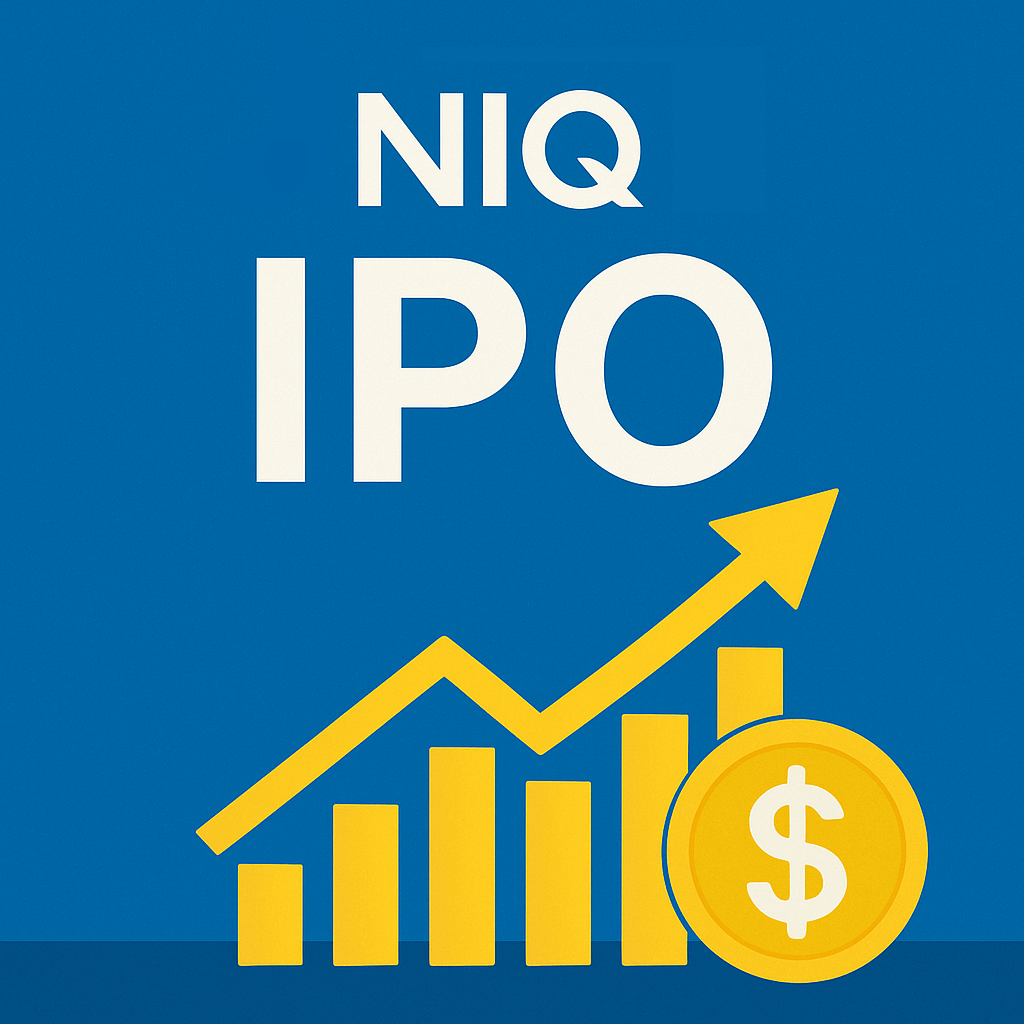
With a mid-range price, NIQ's valuation would imply a 1.6× revenue multiple, placing it at a similar valuation to other consumer analytics firms.
Institutional and retail investors may focus on the $20–24 price range for entry. Given expected dominant private equity ownership (>52% by Advent post-IPO), liquidity may initially lean on institutional demand.
Strategic Investing Considerations
Early investors should evaluate:
How NIQ's core AI and omnichannel insights position it compared to Google, Amazon, IRI, and Circana.
Movement toward profitability as subscription revenues scale.
Global economic headwinds on consumer-spending analytics.
Trade allocation for data-heavy growth vs. value opportunities.
In addition, after trading begins in late July, watchers should track:
Lock-up expiration, typically 90–180 days after IPO.
Q3 trading volumes, including secondary stock availability.
New earnings growth signals and margin trajectory.
Institutional ownership trends and boardroom corporate oversight.
Competitive and regulatory moves across key markets, including privacy developments.
Risks and Red Flags
Despite its promise, NIQ faces several risks outlined in its S-1 prospectus:
Sensitivity to retail spending and macroeconomic fluctuations.
Data privacy regulation challenges, particularly the GDPR.
Competitive pressure from tech giants offering analytics services.
Currency and geopolitical risks across its global footprint.
These risk factors can influence reception and valuation.
Conclusion
In conclusion, NIQ's IPO offers a compelling entry into global consumer analytics, backed by mature revenue streams, PE pedigree, and advanced AI-powered platforms.
For investors seeking exposure to data-as-a-service in retail and CPG, NIQ warrants attention. However, it needs to be assessed alongside its valuation and how it fits within broader portfolios.
Disclaimer: This material is for general information purposes only and is not intended as (and should not be considered to be) financial, investment or other advice on which reliance should be placed. No opinion given in the material constitutes a recommendation by EBC or the author that any particular investment, security, transaction or investment strategy is suitable for any specific person.
